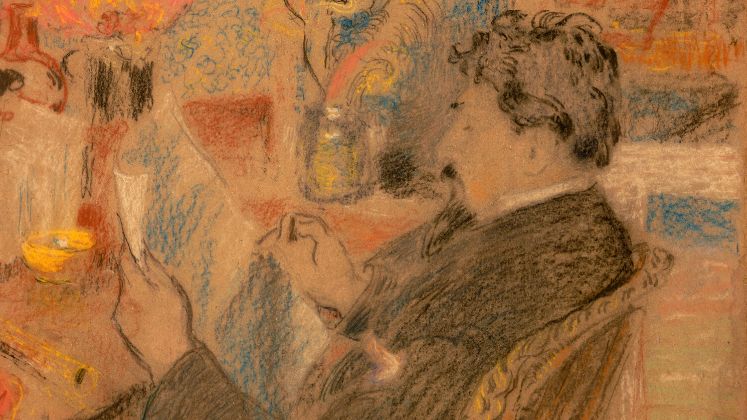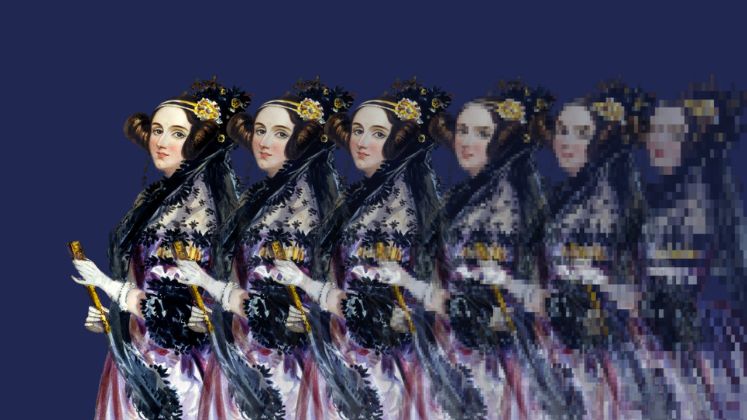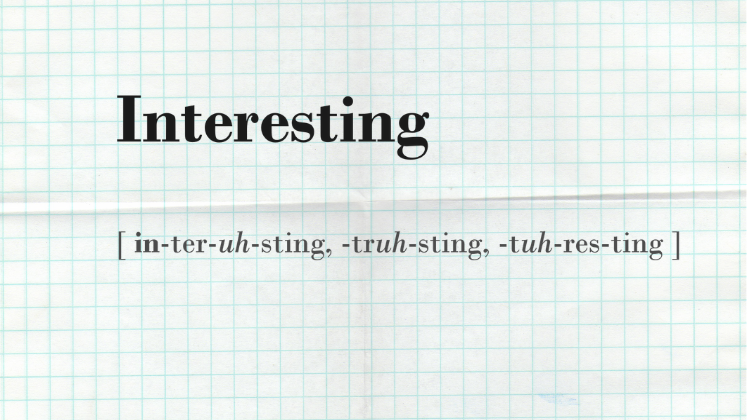As nominations for this year’s prize open, Madawi Al-Rasheed reflects on the experience of judging the British Academy Book Prize for Global Cultural Understanding and considers how research based non-fiction writing can reach beyond local and disciplinary concerns to engage global audiences.
Serving as jury member of the British Academy Book Prize for Global Cultural Understanding for non-fiction books is an honour that comes with both privileges and challenges. I was lucky to be part of an esteemed group of judges whose expertise covers a wide range of subjects. Our regular meetings from the date of book submissions in January, to the announcement of the shortlist and later the final winner in November, are a rich experience punctuated by heated, but amicable debates and deliberations. The jury is looking for ground-breaking research that fosters greater understanding of the interconnectedness of our past, present and future as human societies in a global world. Topics range from ancient history to current affairs. The jury comes to each meeting with an open mind and astonishing willingness to listen to other opinions and positions. Luckily, different evaluations are resolved under the power of persuasion and spirit of collegiality. There is always a vote at the end of each meeting in case we cannot reach a consensus. By the end of the process, the jury, in addition to coming to a decision, has also ended on good terms with each other.
Selecting the shortlist out of tens, if not hundreds, of books is one of the most challenging tasks. The process involves reading many books, most of which naturally fall outside the scope of one’s expertise. On the surface, it might appear that one is reading a wide range of books for entertainment and curiosity. After all, most jury members partly make a living by reading and writing books. But, this is a learning process that comes with great responsibility. The book prize is very generous and must go to the best book that fulfils many criteria. It is meant to reward established writers and support new ones. At the end of each Book Prize cycle, I found reading books about topics I am unfamiliar with very rewarding and refreshing.
the winner is the book that is inspired by sound academic research and methodology while appealing to an audience beyond the limited circle of experts and specialists in the field
Fairness requires giving each submission an equal chance of being selected for reading. Achieving justice during the selection process requires time and understanding of topics outside a judge’s area of research and expertise. But, the knowledge that one acquires is invaluable. While my research expertise is in Middle East politics, in the last two years I have gained much from reading books about climate change, pandemics, post-war Germany and violence by women in Chile among many other topics.
Another challenge is achieving the right balance in representation. A prize for books promoting global cultural understanding requires special attention to diversity of authors. The British Academy and the jury are both committed to capturing the diverse voices of authors around the globe. Awareness of gender, races, ethnicities, and geographies is promoted while retaining absolute standards of quality. Shortlists and final winners are selected with both requirements: commitment to diversity and quality.
As we all have our research niches, the prize requires putting aside our personal passions and preferences. Books are read with an open mind and, in most cases, judges don’t have prior deep knowledge of the subject matter. This allows us to decide on the merit of the published book, rather than what we already know about a certain topic. Jury members complement each other and bring in a wealth of methodologies for a non-expert to evaluate knowledge that falls outside one’s area of research.
The jury normally comprises a mix of academics, writers and journalists. But all value primary research and original material presented in an accessible language – books by esteemed university academics sit comfortably with those of journalists, artists, activists and travel writers among others. The selection criteria centres on the originality and accessibility of the books. As an academic myself, I learnt a lot from my interaction with other jury members. I acknowledged that many academic books can be dry, full of jargon, and arduous to read by the general public. But, it is always the case that the winner is the book that is inspired by sound academic research and methodology while appealing to an audience beyond the limited circle of experts and specialists in the field.
Perhaps no one does more service to global cultural understanding than translators who make books available to wider audiences beyond the languages of their authors.
Books that can appeal to wider audiences are usually privileged in the selection process. By definition, global cultural understanding requires an author to reach wider publics to facilitate conversations across borders. Local issues are usually unique in their context but they often resonate with people in different places. War, poverty, power, crime, loss, memory, migration, and many other topics become meaningful beyond the context in which they take place. We relate to them and understand them because of our shared humanity and interconnectedness as human beings.
In an age of rising xenophobia and ultra-nationalism, we are often led to believe that we can build walls around us and our histories. However, a prize promoting global cultural understanding is not only timely but is also a reminder of the urgency of understanding each other and facilitating the transmission of knowledge about the other across cultures, histories and geographies.
While the prize is given to books in English, translated books are always considered. Perhaps no one does more service to global cultural understanding than translators who make books available to wider audiences beyond the languages of their authors. They deserve special recognition for their meticulous work.
As submissions for the prize opened on Monday 16 January, I look forward to another year of reading with the promise of working with esteemed colleagues on a process that is both rewarding, and challenging. I will be looking for books that engage with a range of old, persistent, and new challenges facing societies. No matter how serious the topic is, books should have their own unique appeal and aesthetics.
Nominations for the 2023 British Academy Book Prize for Global Cultural Understanding are currently open, you can find further details of how to nominate a book on the British Academy website. The deadline for submissions is Tuesday 28th of February.
You can also read a Q&A with Alia Trabucco Zerán who won last year’s prize for her book, ‘When Women Kill: Four Crimes Retold on the LSE Review of Books.
The content generated on this blog is for information purposes only. This Article gives the views and opinions of the authors and does not reflect the views and opinions of the Impact of Social Science blog (the blog), nor of the London School of Economics and Political Science. Please review our comments policy if you have any concerns on posting a comment below.
Image Credit: Rahul Shah via Pexels.








